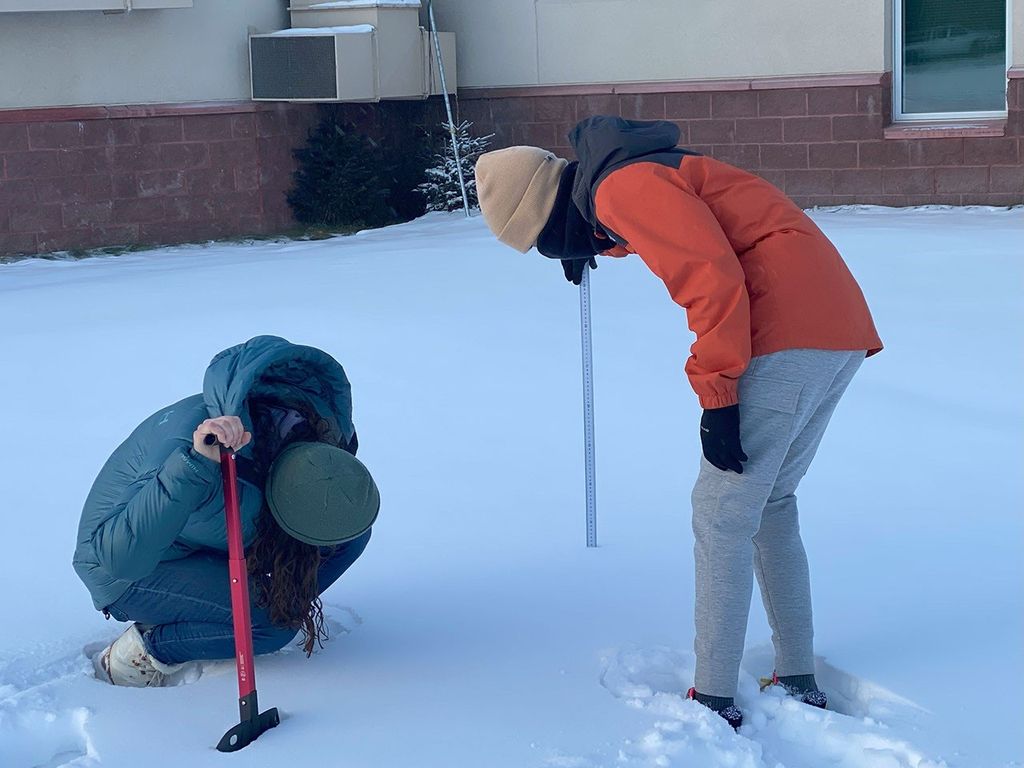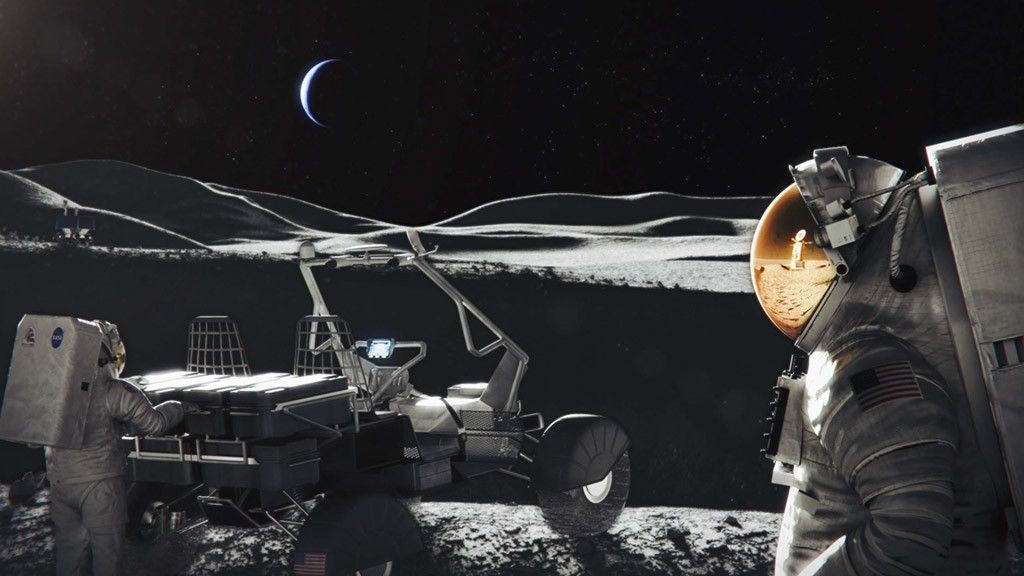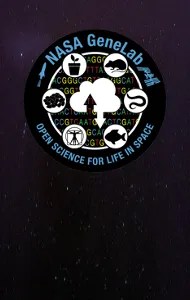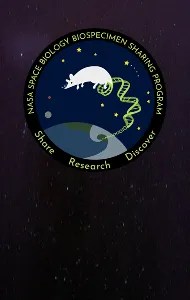Open Science Data Repository
The NASA Open Science Data Repository (OSDR) enables access to space-related data from experiments and missions that investigate biological and health responses of terrestrial life to spaceflight. The goal of OSDR is to enable multi-modal and multi-hierarchical fundamental space life science data be reused toward basic science, applied science, and operational outcomes for space exploration and knowledge discovery. These data include ‘omics, phenotypic, physiological, behavioral, hardware, environmental telemetry; raw, processed; tabular, text, code, bioimaging, and video.
Learn More About OSDRExplore and Contribute
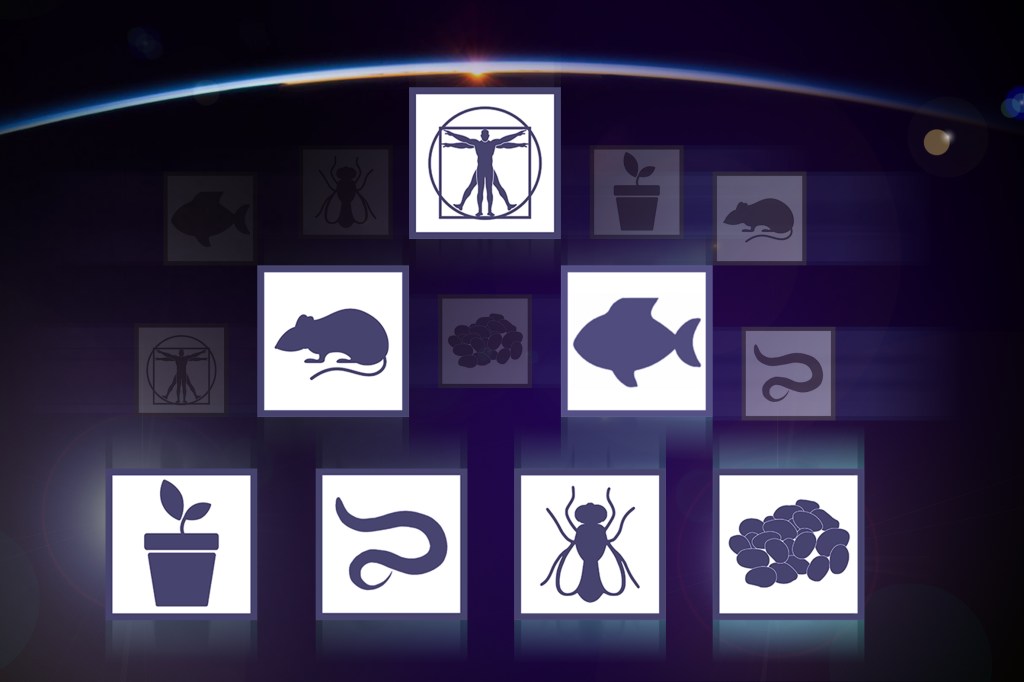
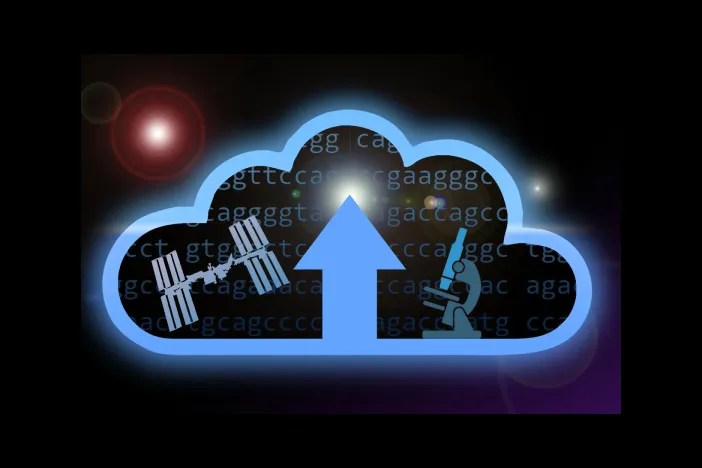

Latest News
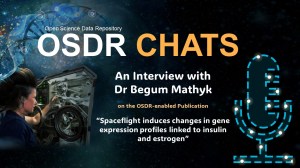
OSDR Chats: Dr Begum Mathyk Presents Latest Research in this OSDR-Enabled Publication Welcome to “OSDR Chats,” an interview series featuring…
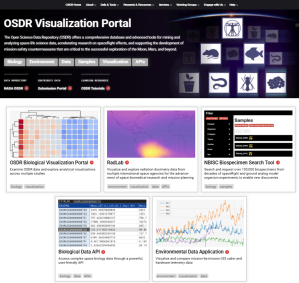
New Visualization Portal Now Live OSDR is proud to unveil a major upgrade with the launch of the new Visualization…

Open Science Success Stories: Dr Afshin Beheshti and Dr Chris Mason Welcome to our “Open Science Success Stories”. These narratives…
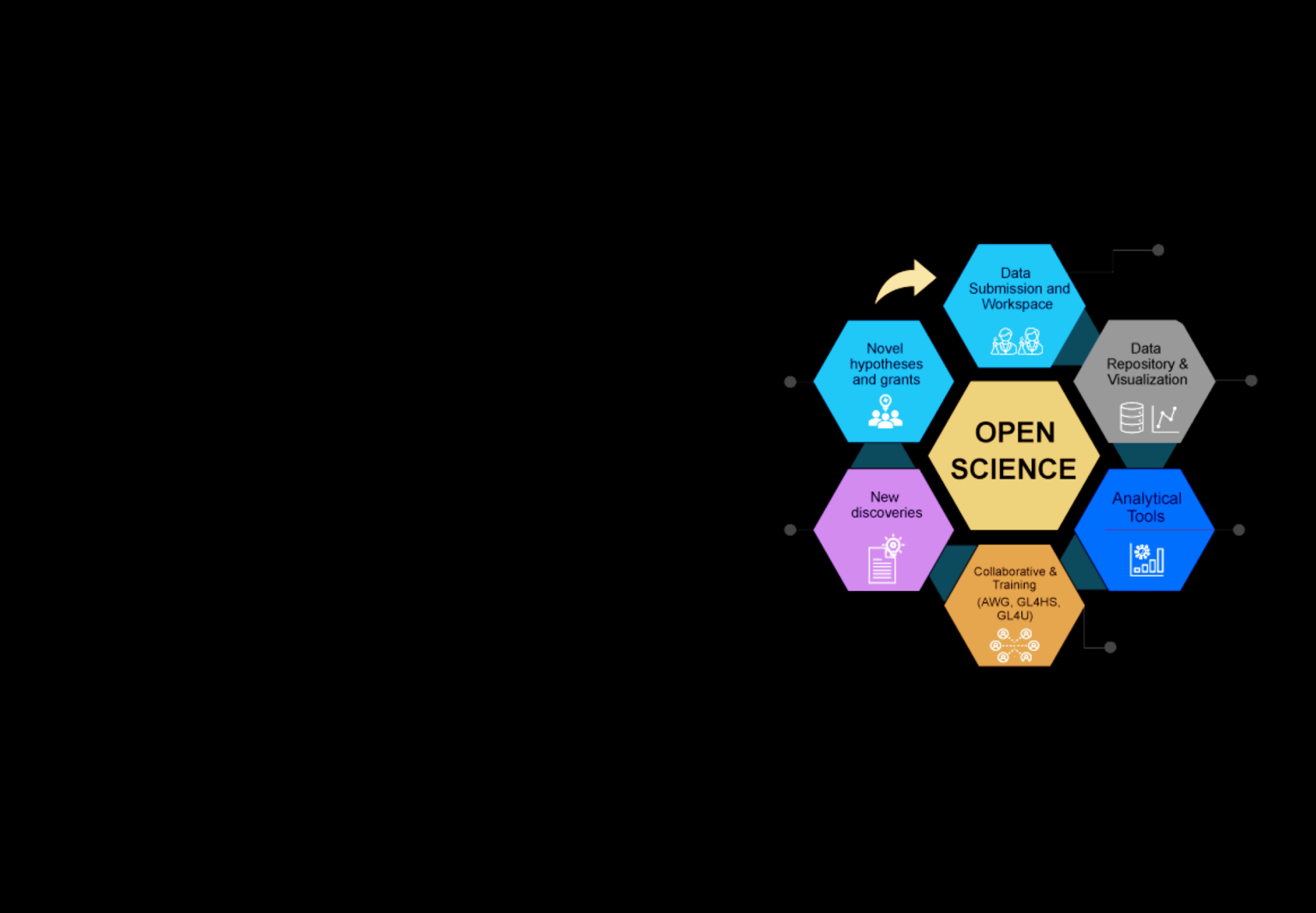
By the Numbers
NASA Open Science Data Repositories expands scientists’ access to space-related experiments that explore the biological response of terrestrial biology to spaceflight environments. Our mission is to maximize the utilization of the valuable biological research resources and enable new discoveries.
TODAY
Studies
Datasets
Latest Datasets
Publication Highlight
Spaceflight disrupts gene expression of estrogen signaling in rodent mammary tissue
Living in space can affect the health of astronauts due to weightlessness, radiation, and tight living spaces. This study describes spaceflight changes in the mammary tissue of young and older female mice and found that age affects how the body responds to space – with younger mice showing changes in metabolism and older mice showing changes related to inflammation.
Learn More about Publication Highlight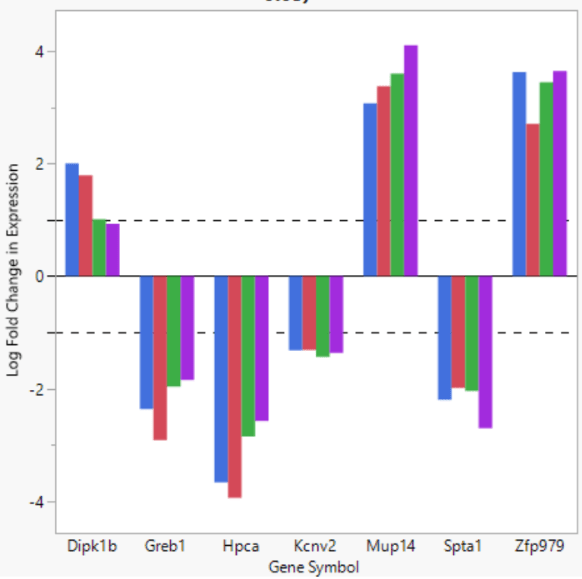
Visualization Tools
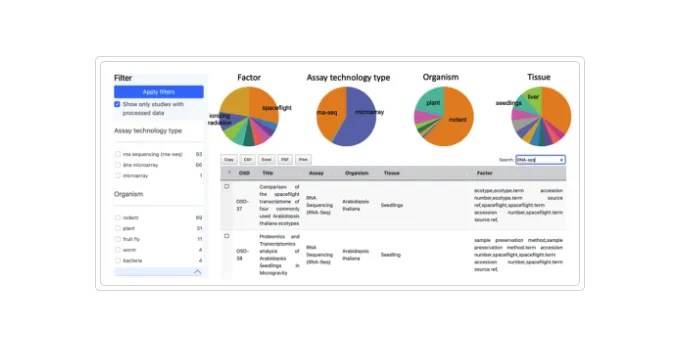
Data Visualization
GeneLab’s latest software release includes a new visualization portal to interact with gene expression data from space-related omics experiments. The enhanced portal includes a new search interface, new plots and layout, and advanced settings to customize the plots.

RadLab
RadLab is a portal that aims to provide a single point of access to radiation telemetry data from multiple databases maintained by multiple space agencies.
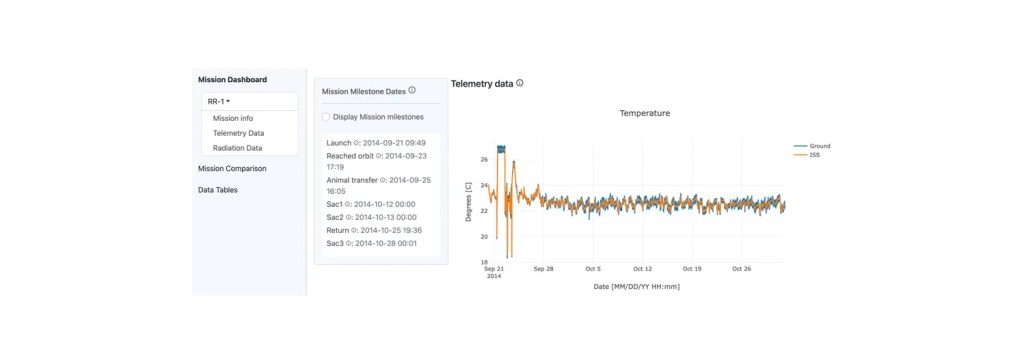
Environmental Data App (EDA)
The Environmental Data App (EDA) is a portal where users can visualize and compare ISS (International Space Station) cabin environmental telemetry data and radiation data gathered from spaceflight missions.
Testimonials
Nilufar Ali, Boise State University
“Getting involved with NASA GeneLab and the OSDR platform has been incredibly valuable for advancing our Parkinson’s disease and Spaceflight research. Accessing publicly available datasets provided critical support for our project, and the collaborative environment fostered through OSDR has been inspiring. I’ve had the opportunity to connect with passionate researchers from diverse disciplines, all eager to contribute and learn together as we work to answer complex scientific questions. It’s truly a great platform for interdisciplinary collaboration and discovery!”
Read more testimonials about Testimonials
Open Science Projects
Open Science Projects primary goals aim to increase collaborative scientific data sharing, analysis, and more rapid scientific advancement.

















